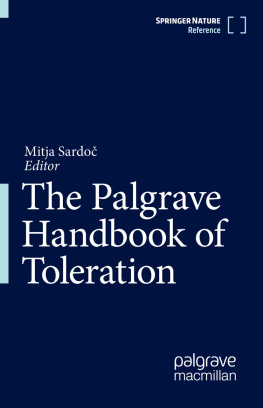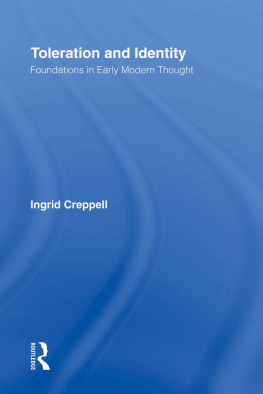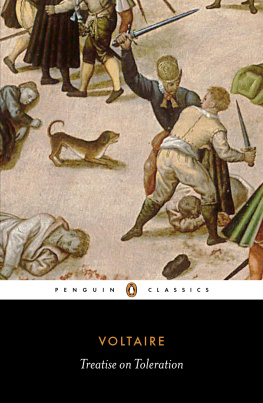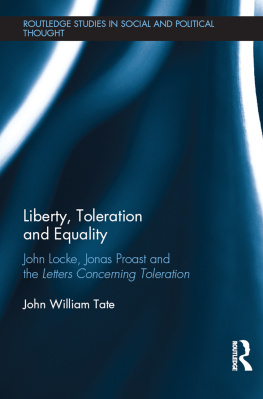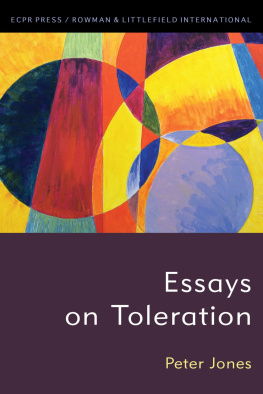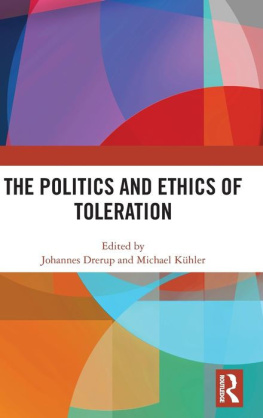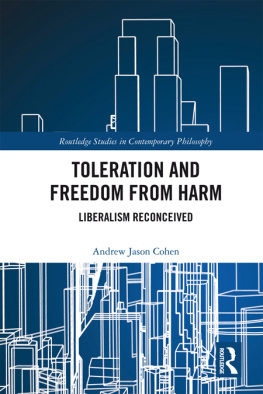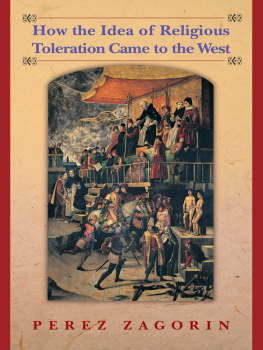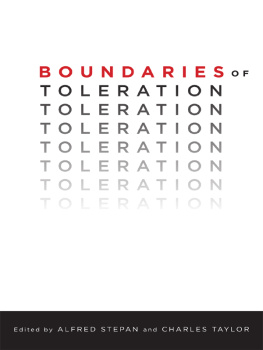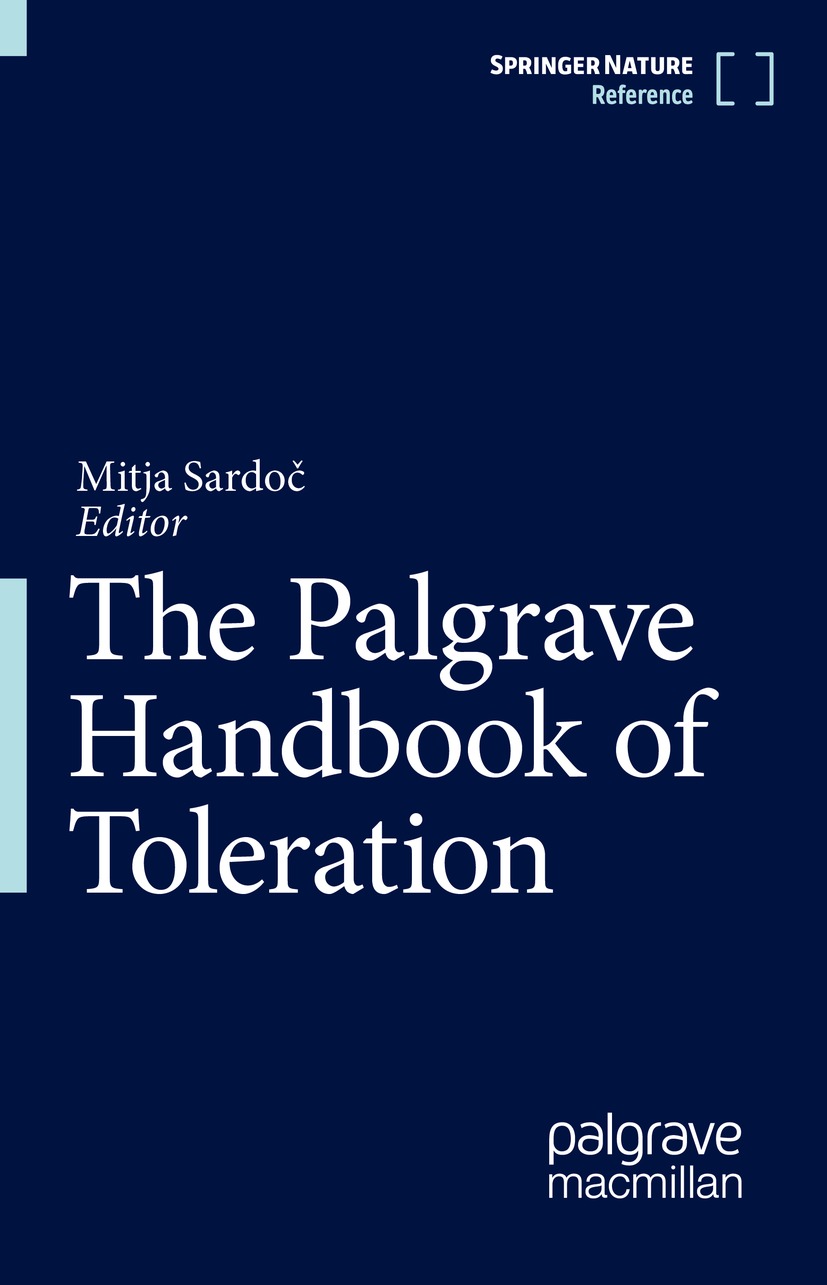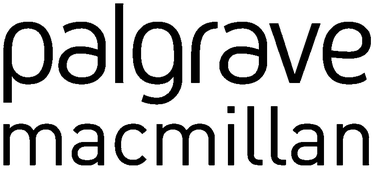Editor
Mitja Sardo
Educational Research Institute, Ljubljana, Slovenia
ISBN 978-3-030-42120-5 e-ISBN 978-3-030-42121-2
https://doi.org/10.1007/978-3-030-42121-2
Springer Nature Switzerland AG 2022
This work is subject to copyright. All rights are reserved by the Publisher, whether the whole or part of the material is concerned, specifically the rights of translation, reprinting, reuse of illustrations, recitation, broadcasting, reproduction on microfilms or in any other physical way, and transmission or information storage and retrieval, electronic adaptation, computer software, or by similar or dissimilar methodology now known or hereafter developed.
The use of general descriptive names, registered names, trademarks, service marks, etc. in this publication does not imply, even in the absence of a specific statement, that such names are exempt from the relevant protective laws and regulations and therefore free for general use.
The publisher, the authors, and the editors are safe to assume that the advice and information in this book are believed to be true and accurate at the date of publication. Neither the publisher nor the authors or the editors give a warranty, expressed or implied, with respect to the material contained herein or for any errors or omissions that may have been made. The publisher remains neutral with regard to jurisdictional claims in published maps and institutional affiliations.
This Palgrave Macmillan imprint is published by the registered company Springer Nature Switzerland AG
The registered company address is: Gewerbestrasse 11, 6330 Cham, Switzerland
Preface
The safest general characterization of the European philosophical tradition, as Alfred North Whitehead accentuated in Process and Reality (based on his Gifford Lectures Delivered in the University of Edinburgh During the Session 192728) is that it consists of a series of footnotes to Plato (1978, p. 39). If one would follow Whiteheads footsteps, contemporary discussions of toleration might best be depicted as didaskalia to the writings of John Locke. Seminal intellectual figures such as Plato and Locke alongside other luminaries from the philosophical tradition provide us with a (giants) shoulder on which to stand on, while grappling with whatever the task of scholarly research one is focusing on.
As a repository of knowledge on a particular topic, reference works including encyclopedias, handbooks, and companions provide another such shoulder on which to stand upon. Yet, the main goal of this publishing project is not only one of customary purpose reference work has been usually associated with. Ultimately, any author or editor has its own overall plan on how the volume one is either writing or editing should turn out at the end. For example, Ian Fleming supposedly wrote Casino Royale, the first of a series of novels on what turned out to be the global franchise of James Bond, to end all spy stories. This reference work obviously does not point in this direction.
The overall aim of this handbook has been to bring together a set of contributions presenting some of the most distinctive, complex, and controversial aspects associated with the idea of toleration. Interestingly enough, there are plenty of these issues around, making the navigation in this area of scholarly research particularly distressing. Its ambivalent character and its enigmatic nature together with its allegedly exotic origins and complex legacy are just some of the character traits toleration has been associated with. The immediate impulse one encounters when faced with the scholarly literature on toleration would most probably resemble Winston Churchills puzzling observation summed up in the parable of a riddle wrapped in a mystery inside an enigma. This handbook therefore aims to provide a conceptual cartography that would enable anyone making use of it a safe journey through the many tumultuous issues this area of scholarly research is replete with.
In contrast to some of the other concepts from the pantheon of political ideas, toleration has been graced with a number of monographs, articles, journal special issues, and edited collections that have popped up around the globe. Nevertheless, despite a steady supply of scholarly output, no reference work on toleration has been available to this date. This publishing project aims to fill this gap in the academic market by bringing together more than 50 chapters by leading academics in this area of scholarly research on some of the most pressing and timely issues toleration has been associated with.
Like any scholarly publication, this reference work has its fair share of lost opportunities. They would have been much more numerous if it wouldnt be for the editorial team at Palgrave. In particular, I would like to thank Ambra Finotello, senior commissioning editor in politics at Palgrave, and Michael Hermann, chief editor of the MRW series at Springer, for supporting the idea of this handbook and for helping out in the transition from book proposal to book contract for this publishing project (usually a distressing period for any author or volume editor). My most profound thanks go to Eleanor Gaffney, editor at Palgrave, for her superb editorial skills, patience, care, and dedication to this handbook. Any author or volume editor could not find better editorial cooperation than Eleanor has provided both to me as volume editor and, I believe, to each of the contributors to this handbook.
Last but not least, I would like to dedicate this handbook to my wife Mojca and our two sons, iga and Jakob. It is in their company that the idea for this handbook arose during a summer holiday back in 2018 on the island of Mljet in Croatia. Perhaps more than anyone else, they exemplify a form of liberal expectancy the idea of toleration has been associated with. Describing the many nuances of their toleration (alongside their unfailing support and encouragement) would take another volume to straight out.
References

